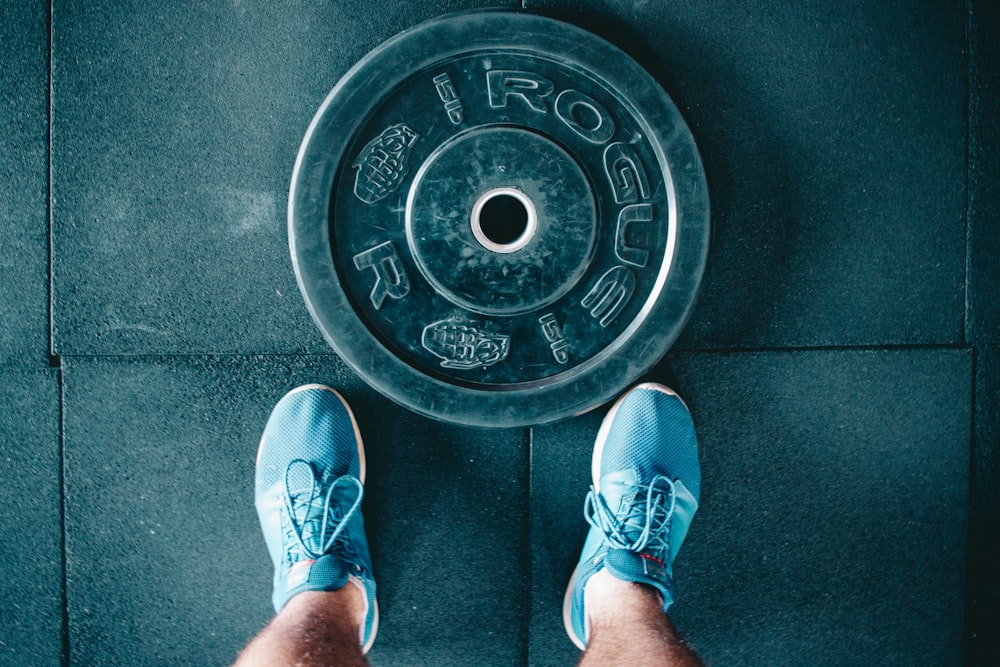
There are many menus that do not use boiled eggs, such as salads, ramen, soups, to mayonnaise recipes. The nutritional content is similar, it’s just that the danger of eating raw eggs can increase the risk of being infected with Salmonella.
However, that doesn’t mean you can’t eat raw eggs at all. However, protein absorption may be lower. If you want to avoid the risk of infection, try to eat eggs that have gone through the pasteurization process.
Not only that, raw eggs also contain 147 mg of choline, a type of nutrient that is important for brain function and heart health. For antioxidants, there are lutein and zeaxanthin content that can protect the eyes from the risk of disease.
Benefits of eating raw eggs
With this content, raw eggs certainly have many health benefits. Here are the benefits that can be obtained from raw eggs:
Good for heart health
Good cholesterol and bad cholesterol are in raw eggs. This good cholesterol serves to keep the heart and blood flow from building up bad cholesterol.
Improve brain work
Raw eggs are a good source of choline. These nutrients can help improve brain work and maintain its performance longer.
Boost the immune system
You can also get vitamin A and vitamin B 12 in eggs. These two nutrients play a role to help boost the body’s immune system.
Gives a lot of energy
Eating raw eggs gives you more energy to carry out activities. The reason, this unprocessed egg contains a very rich protein. In addition, there are also essential amino acids for the body
The dangers of eating raw eggs
Some of the risks that may arise when consuming immature eggs are:
Bacterial contamination
Raw or undercooked eggs can be a breeding ground for Salmonella bacteria. Symptoms can include stomach cramps, diarrhea, nausea, fever, and headaches. This complaint may appear 6 hours since the first time consuming.
The good news, the risk of experiencing contamination is very low. However, from 1970-1990 the most common source of Salmonella infection came from contaminated egg shells.
Since then, egg pasteurization technology has been developed to make it easier to consume even though it is still raw. This pasteurization process helps reduce the number of bacteria and other microorganisms in the food.
Protein absorption
For those who are looking for a high-protein food source, eggs are certainly one candidate. The reason is because eggs contain 9 essential amino acids that make it called a complete protein source. However, eating raw eggs can reduce the absorption of quality protein.
A study compared protein absorption from cooked and raw eggs in 5 people. As a result, 90% of the protein from cooked eggs is absorbed, but only 50% from raw eggs. This means that it is easier for the body to digest protein from cooked eggs.
Biotin absorption
Eggs also contain biotin, a water-soluble type of vitamin B7. Its function for the production of glucose and fatty acids, is also important for pregnant women. The yolk contains biotin while the egg white contains a protein called avidin.
Unfortunately, raw egg whites actually bind biotin in the gut. As a result, the absorption becomes less than optimal. This does not happen with cooked eggs because the heat during the cooking process destroys the avidin.
However, that does not mean the dangers of eating raw eggs will immediately make you deficient in biotin. It takes eggs in very large quantities – at least 12 per day – and over a long period of time to cause a person to develop a biotin deficiency.











